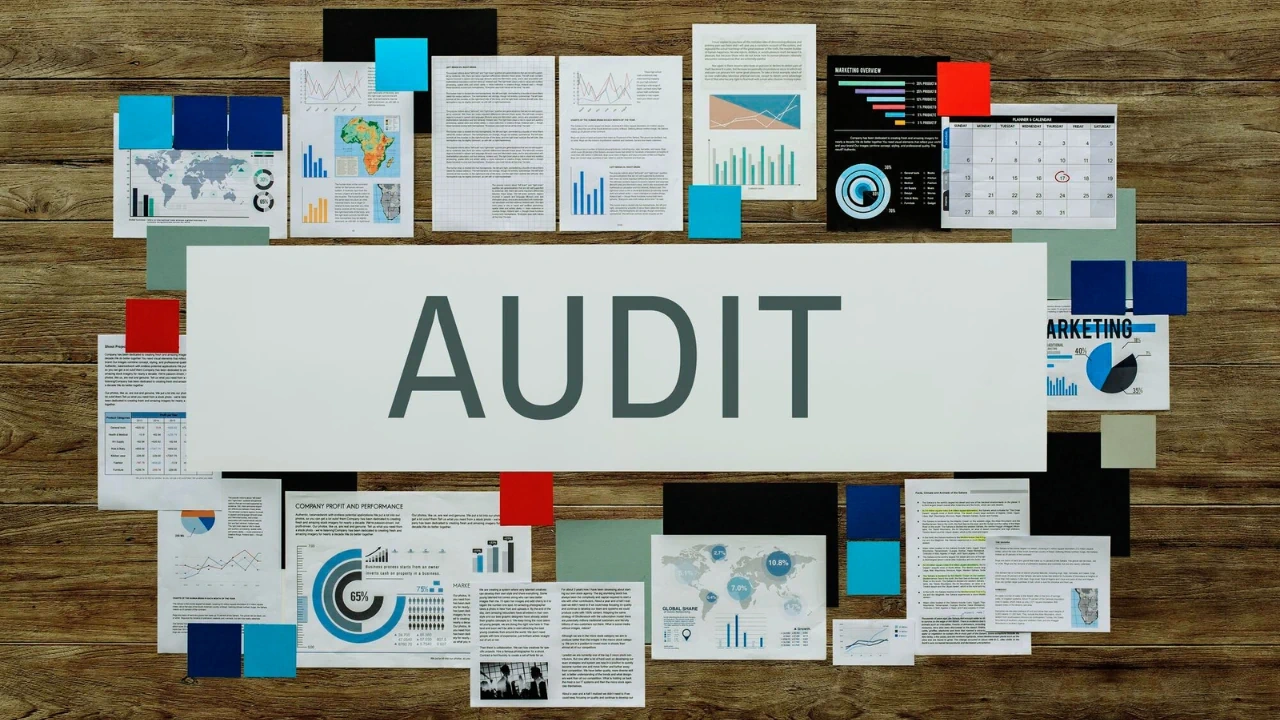Getting a letter from Revenue can feel unsettling. Words like “audit” or “Revenue Compliance Intervention” can cause instant anxiety — but not every letter means serious trouble.
Since 1 May 2022, Revenue has used the Revenue Compliance Intervention Framework to manage potential tax risks. Understanding which level of intervention you’re facing — and how a Revenue audit works — is essential to responding effectively, protecting your position, and minimising penalties.
Revenue.ie – Code of Practice for Revenue Compliance Interventions
The Three Levels of Revenue Compliance Intervention
| Level | Type | Purpose | Typical Outcome |
|---|---|---|---|
| Level 1 | Engagement & assistance | Encourage voluntary compliance, fix minor errors | No penalties if corrected quickly |
| Level 2 | Risk Review or Audit (focused) | Investigate identified risks or discrepancies | Possible penalties, prompted disclosure option |
| Level 3 | Full Audit / Investigation | Examine multiple taxes and years, possible criminal investigation | Higher penalties, potential prosecution |
From the Code: An intervention can start at any level — there’s no requirement to begin with Level 1.
Level 1 — Encouragement & Education
Level 1 is the lightest form of compliance intervention. Revenue uses it to nudge you towards fixing something small before it escalates into a formal examination or higher-level review.
Examples:
-
Reminder to file a return
-
Query about a small VAT difference
-
Request for supporting documents for a deduction
From the Code:
-
You can still make an unprompted qualifying disclosure at Level 1, which can reduce penalties to as low as 0% and avoid publication.
-
The aim is self-correction without formal investigation.
Do you need a tax advisor?
Usually not — but if you’re unsure why Revenue is contacting you, a short consultation can give you peace of mind.
Level 2 — Risk Review or Targeted Audit
Level 2 is more serious. Revenue has identified a specific risk or inconsistency in your tax affairs.
Two types of Level 2 intervention:
-
Risk Review — Narrow focus on one issue (e.g., a VAT refund claim that doesn’t match your sales data).
-
Focused audit — A broader check, possibly covering more than one tax type or period, but still linked to identified risks.
From the Code:
-
Once notified of a Level 2 Revenue Compliance Intervention, unprompted disclosures are no longer possible for that issue.
-
You have 28 days to make a prompted disclosure; request a 60-day extension within 21 days if needed.
-
Risk Reviews have replaced “aspect queries” and are usually done by correspondence, with on-site visits only when necessary.
Example: What a Level 2 Letter Might Contain
A Level 2 letter will clearly state:
-
The intervention type and start date
-
The scope (tax head, periods, documents required)
-
Your rights, including making a prompted qualifying disclosure
For example, Revenue might request:
-
Details of R&D activities
-
Financial reconciliations for the review period
-
Supporting evidence such as invoices, payroll data, or contracts
Key FAQs for Level 2 & Revenue Audits:
-
How far back can Revenue go to audit? Normally 4 years, but there’s no limit if fraud or neglect is suspected.
-
How does Revenue decide who to audit? Through data analytics, cross-checking returns, industry risk profiling, and third-party information.
-
How long do they keep records? Revenue can keep relevant data indefinitely for ongoing cases; generally, taxpayers should keep records for 6 years.
How to prepare for a Level 2 review:
-
Gather all requested records promptly
-
Compare returns with source documents for discrepancies
-
Avoid guessing if unsure — say “I’ll confirm and get back to you”
-
Maintain a calm, factual, and cooperative tone
Do you need a tax advisor?
Highly recommended. A professional can spot issues, prepare disclosures, liaise with Revenue, and negotiate penalties.
Level 3 — Full Revenue Audit or Investigation
This is the most serious stage of the compliance framework. It’s a wide-ranging Revenue audit across multiple taxes and years, often investigating for deliberate default or fraud.
Common triggers:
-
Large, unexplained underpayments
-
Evidence of false invoices or hidden income
-
Repeat non-compliance despite warnings
Purpose of an audit:
-
Verify tax accuracy
-
Recover unpaid taxes
-
In serious cases, gather evidence for prosecution
Role of the auditor:
-
Request and review records
-
Ask clarifying questions
-
Verify facts against returns
-
Issue findings and outline penalties or actions
Typical process:
-
Notification letter
-
Records request
-
On-site or remote meeting (if needed)
-
Review and cross-check
-
Outcome letter with assessment and penalties
What not to say:
-
Avoid guessing or speculating
-
Avoid giving information beyond what’s requested unless it clarifies a point
How to impress the auditor:
-
Provide organised records quickly
-
Be consistent in your answers
-
Stay professional and courteous
No receipts?
Revenue may disallow claims and assess additional tax — keep digital backups and duplicate records where possible.
Do you need a tax advisor?
Yes — and possibly legal representation for serious cases.
General Preparation Tips for Any Revenue Compliance Intervention
-
Stay calm — anxiety can lead to mistakes
-
Check the level before acting
-
Respond within deadlines — missed dates limit your options
-
Keep thorough records — paper or digital, accessible and complete
-
Be transparent — honesty and clarity go a long way
Likelihood & Prevention of a Revenue Audit
-
How likely am I to get audited? Revenue targets most audits using data analysis; risk is higher with late returns, unusual claims, or inconsistent filings.
-
How rare are audits? Most taxpayers won’t face one, but certain industries and patterns carry higher risk.
-
How to prevent issues: Keep filings accurate and timely, maintain clean records, and review returns before submission.
Need Help Getting Your Records Audit-Ready?
At RizFin, we’re not tax advisors — but we help businesses stay organised, compliant, and ready for any Revenue audit or Revenue Compliance Intervention.
We can:
-
Organise your records so they’re easy to retrieve
-
Ensure payroll and bookkeeping are clean and up to date
-
Work with your chosen tax advisor to make responding to Revenue smoother
📞 Contact us today to keep your finances organised and your business prepared.
Key Insights from the Code of Practice
-
Applies to all taxes and duties except customs
-
Revenue can start at any intervention level
-
Disclosure timing is critical — unprompted disclosures end once notified
-
Extension requests must be made within 21 days for up to 60 more days to make a prompted disclosure
-
Correcting returns in ROS doesn’t count as a formal disclosure — you must notify Revenue
-
Risk Reviews are the official replacement for “aspect queries”
Final Word
A Revenue Compliance Intervention or Revenue audit doesn’t have to spell disaster — but the higher the level, the higher the stakes.
Act quickly, prepare thoroughly, and get professional advice where needed. Even a short consultation with the right people can save stress, time, and money in the long run.




